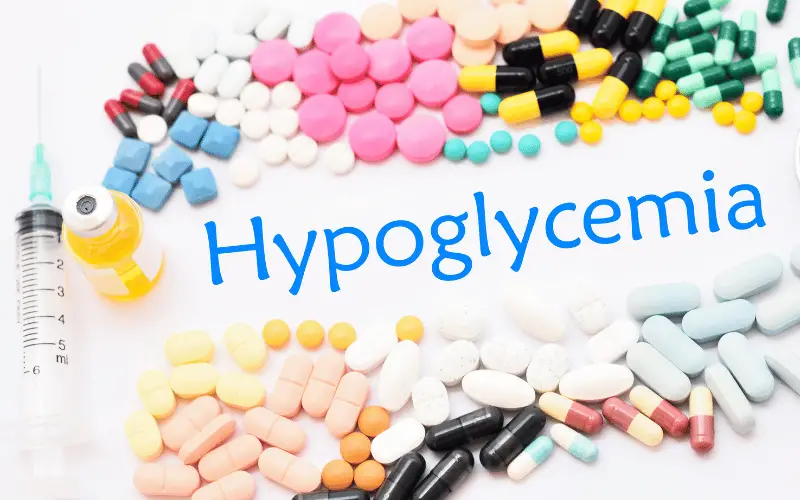Introduction: Navigating the Complexities of Hyperglycemia
Hyperglycemia, a term that echoes frequently in the corridors of healthcare, particularly in relation to diabetes, is a condition marked by abnormally high blood glucose levels. This condition is not just a simple elevation in sugar levels but a signifier of deeper metabolic disturbances. Understanding hyperglycemia is crucial, especially for those living with diabetes, as it holds the key to effective disease management and prevention of complications.

The essence of hyperglycemia lies in its multifaceted impact on the body. It’s not merely a number on a glucose meter; it’s a barometer of how well the delicate balance of insulin and glucose is maintained in the body. In individuals with diabetes, this balance is often disrupted, leading to elevated glucose levels. The reasons are manifold – from the body’s inability to produce sufficient insulin, a hormone crucial for glucose uptake, to the inability of cells to respond to insulin effectively.
Recognizing hyperglycemia early can be a game-changer in managing diabetes. The symptoms, often subtle, can creep up unnoticed. Increased thirst, frequent urination, fatigue, and blurred vision are tell-tale signs, but they are often brushed off as mere annoyances. However, understanding these symptoms for what they are – warning signals – can prompt timely interventions and prevent complications.
Lastly, the psychological impact of living with hyperglycemia cannot be understated. It’s a condition that requires continuous attention and management, which can take a toll on mental health. Support systems, be it healthcare professionals, family, or support groups, play a crucial role in providing the emotional backing needed.
In sum, hyperglycemia is a complex condition with far-reaching implications. Its management is not just about controlling numbers, but about understanding and adjusting to a lifestyle that keeps those numbers in check. It’s about empowering oneself with knowledge, making informed decisions, and seeking support when needed. Understanding hyperglycemia is the first step toward a healthier, more balanced life.
Fact 1: Hyperglycemia – A Closer Look at Elevated Blood Sugar Levels

Hyperglycemia, characterized by elevated blood glucose levels, is a condition primarily associated with diabetes but can also occur in other medical scenarios. It signifies a disturbance in the body’s glucose management system, either due to insufficient insulin production, ineffective insulin use, or both. This condition is not just a hallmark of diabetes but also a critical factor that influences the management and progression of the disease.
One fundamental aspect of hyperglycemia is its link to insulin, a hormone responsible for regulating blood glucose levels. In people with diabetes, the body either doesn’t produce enough insulin or can’t use insulin effectively, leading to elevated glucose levels in the blood. This dysfunction can be due to various factors, including genetic predispositions, lifestyle factors, and other health conditions.
The body’s ability to process glucose is crucial since glucose serves as a primary energy source for cells. When insulin functionality is impaired, glucose accumulates in the bloodstream instead of being used by the cells, leading to hyperglycemia. This surplus of glucose can have damaging effects on various body systems over time.
Detecting hyperglycemia often requires blood glucose testing, as symptoms might not be immediately apparent. Individuals with diabetes are advised to monitor their blood sugar levels regularly to manage their condition effectively. Understanding the nuances of blood glucose levels, such as what constitutes normal, pre-diabetic, and diabetic ranges, is essential for effective management.
Hyperglycemia’s management involves a multifaceted approach, including medication, lifestyle modifications, and regular monitoring. The goal is to maintain blood glucose levels within a target range, thus mitigating the risk of complications associated with diabetes. Effective management of hyperglycemia is a balancing act that requires continual adjustment and a thorough understanding of one’s body. (1)